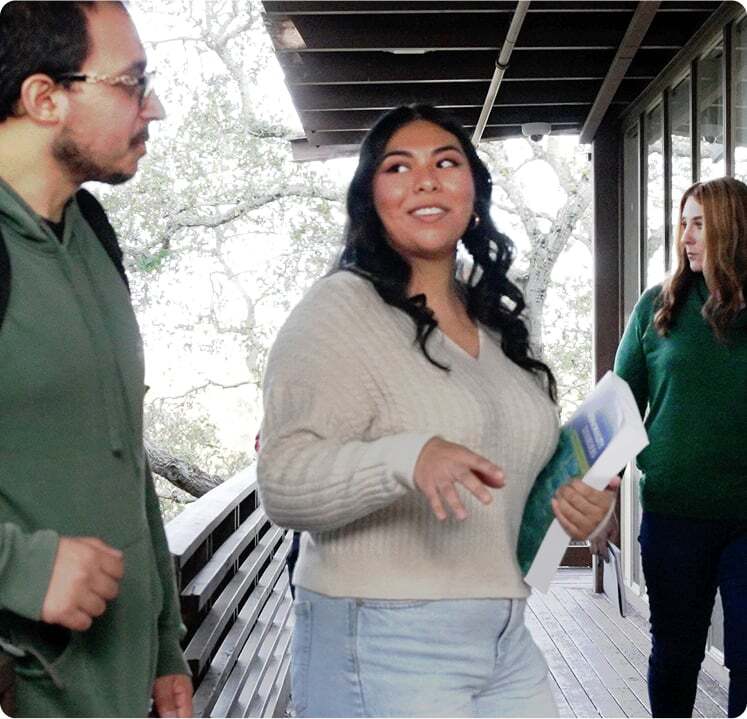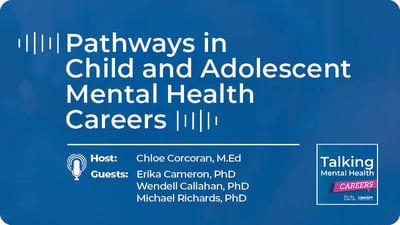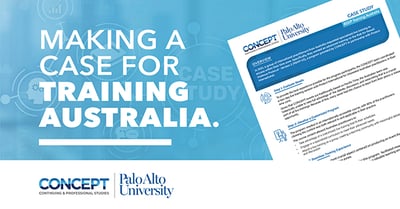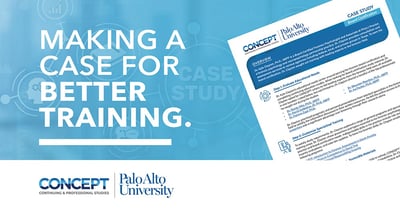Browse Our Collection of News & Resources
We Hope You Find Our Resources Helpful!
Contributors for our resources include a variety of subject matter experts that share practical tips, guidance, and best practices not typically taught during school. We strive to share the most relevant information across a variety of diverse subjects to provide a broader understanding of behavioral health.





.png?length=400&name=Co-Inquiry%20in%20the%20Age%20of%20AI%20(1).png)

















